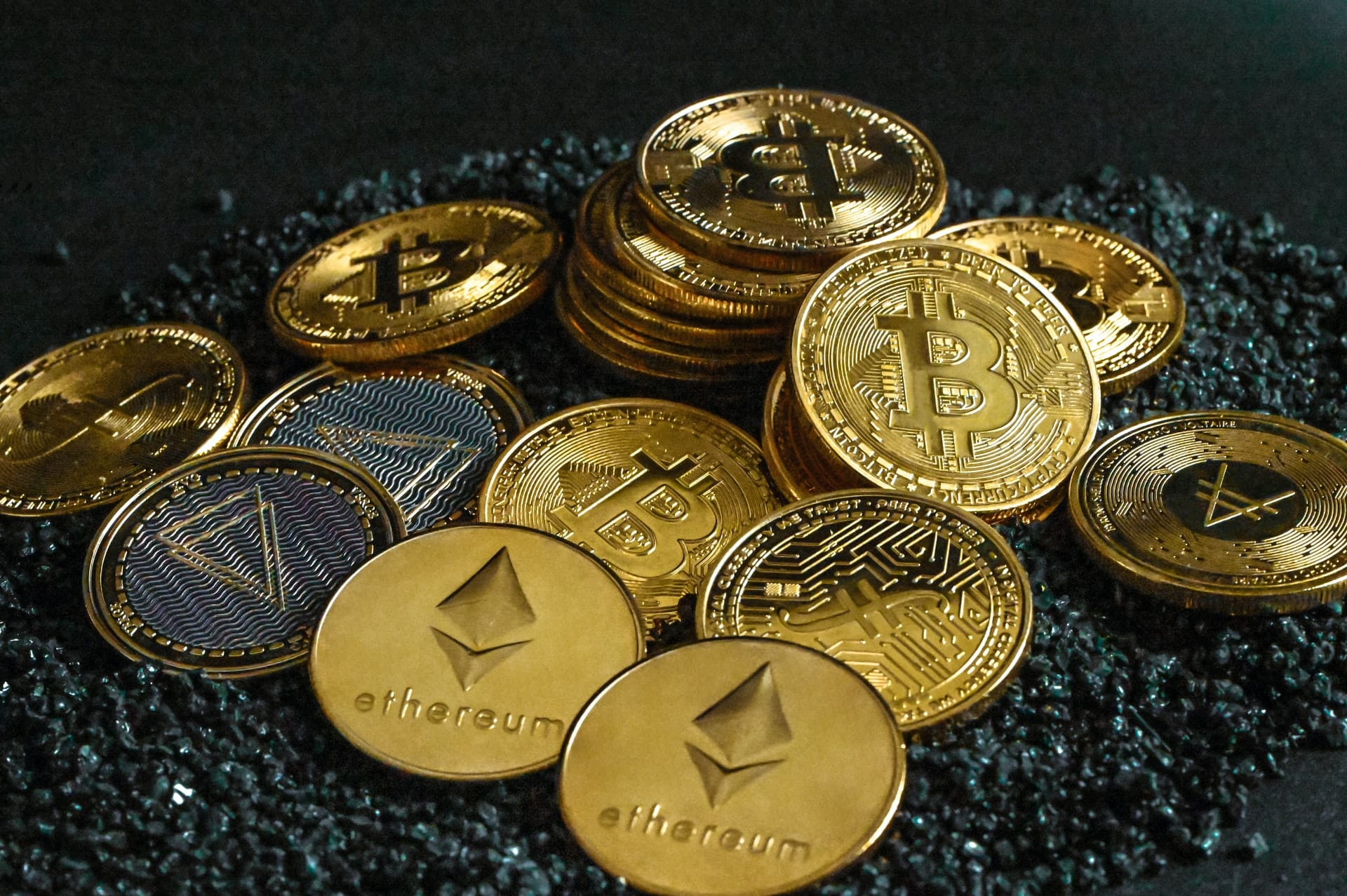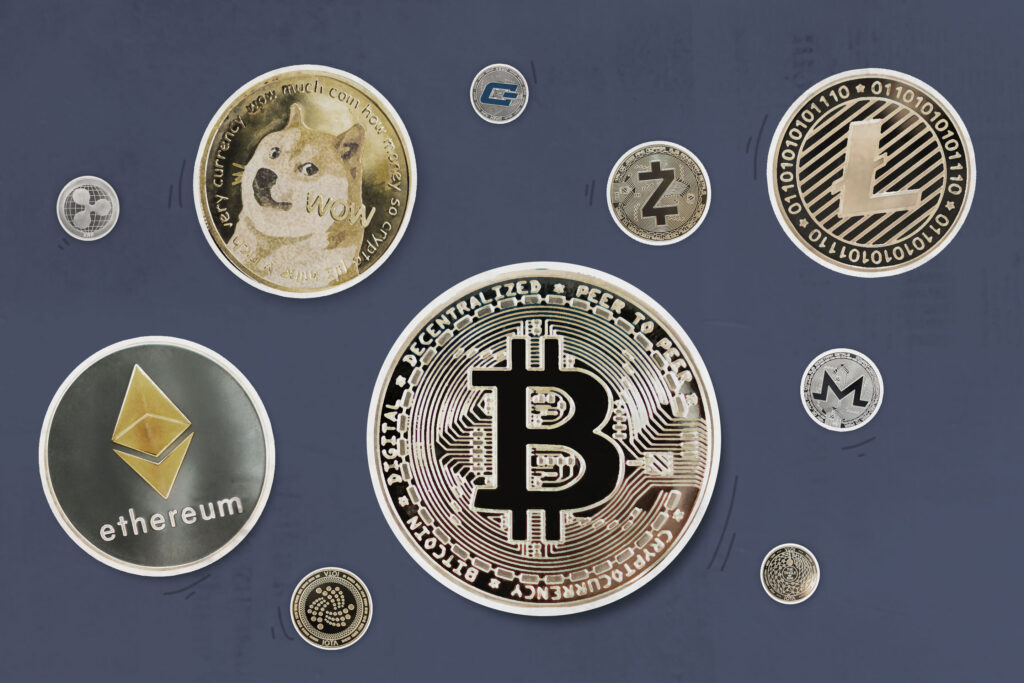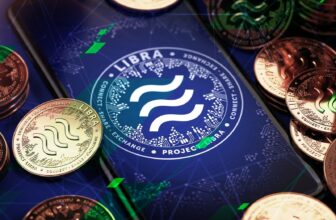
In today’s fast-paced digital world, the financial landscape is undergoing a seismic shift, and cryptocurrency is at the epicenter of this transformation. With its skyrocketing popularity and increasing adoption by mainstream businesses, understanding the fundamentals of cryptocurrency is becoming increasingly important, especially for those who are new to the world of digital assets.
Table of Contents
What Is Cryptocurrency?

Source: money.com
At its core, cryptocurrency is a digital or virtual form of currency that relies on cryptography for security. Unlike traditional fiat currencies like the U.S. dollar or the euro, which are controlled by centralized governments, cryptocurrencies operate on a decentralized technology known as blockchain.
Blockchain Technology
A blockchain is essentially a public ledger containing all transaction data from the start of the currency. This ledger is maintained by a network of nodes, which are computers participating in the blockchain network. The decentralized nature of blockchain technology ensures that no single entity has control over the entire blockchain, making it fundamentally different from traditional, centralized financial systems.
How Cryptocurrency Works
Basics of Transactions
When you initiate a cryptocurrency transaction, it is first broadcast to a network of nodes and placed in a pool with other transactions. Miners then pick transactions from this pool and attempt to confirm them by solving complex mathematical equations.
Role of Miners and Nodes
Miners are specialized nodes that validate transactions and add them to the blockchain. For their efforts, miners are rewarded with newly minted tokens of the cryptocurrency. This process not only validates the transaction but also secures the network and prevents fraud.
Security Features
Blockchain technology is inherently secure due to its cryptographic algorithms and the consensus mechanism that requires multiple nodes to agree on the validity of transactions. This makes it extremely difficult for malicious actors to alter past transactions, providing a high level of security.
Popular Cryptocurrencies
Bitcoin
Bitcoin, the first and most well-known cryptocurrency, was created by an unknown person or group of people using the pseudonym Satoshi Nakamoto. It was designed to be a peer-to-peer digital currency that allows for transactions without the need for a central authority. With the highest market capitalization among all cryptocurrencies, Bitcoin is often considered digital gold.
Ethereum
Ethereum takes the concept of blockchain beyond just a digital currency. Created by Vitalik Buterin, Ethereum allows for smart contracts and decentralized applications (DApps) to be built on its platform. Its native currency, Ether, is used primarily for these smart contracts.
Litecoin
Litecoin, created by Charlie Lee, was one of the first cryptocurrencies to follow Bitcoin. It offers faster transaction confirmation times and a different hashing algorithm. It’s widely accepted for payments and has a strong community of users.
How to Buy Cryptocurrency
Purchasing cryptocurrency is a straightforward process, but it’s crucial to follow these steps carefully:
- Select an Exchange: Platforms like Coinbase, Binance, and Kraken are popular and reputable choices for buying cryptocurrencies.
- Registration and Verification: Create an account using your email and verify your identity by providing the necessary documents.
- Secure Your Account: Implement strong security measures like a robust password and two-factor authentication.
- Funding and Purchase: Deposit funds into your exchange account using a bank transfer or credit card and proceed to buy your chosen cryptocurrency.
Remember, the security of your investment is paramount, so choose a wallet that offers high-level security features.
Storing Cryptocurrency

Source: computerworld.com
Types of Wallets
- Hardware Wallets: These are physical devices that store your cryptocurrency offline, making them immune to online hacks.
- Software Wallets: These are applications that you install on your computer or smartphone. While convenient, they are susceptible to malware and hacks.
- Paper Wallets: These are physical pieces of paper that contain your public and private keys. They are immune to online hacks but can be physically lost or damaged.
Security Tips
- Use hardware wallets for significant amounts of cryptocurrency.
- Always keep backup copies of your keys.
- Regularly update your wallet software to the latest security patches.
Risks and Challenges
Market Volatility
Cryptocurrencies are known for their extreme volatility. Prices can skyrocket, but they can also plummet. It’s not for the faint-hearted.
Regulatory Concerns
The regulatory landscape for cryptocurrencies is still in its infancy. Changes in laws can significantly impact the market.
Security Risks
While blockchain itself is secure, your investment is only as secure as the infrastructure you use. Always use reputable exchanges and wallets.
Risk Management
- Invest only what you can afford to lose.
- Diversify your investment to mitigate risks.
- Use a cryptocurrency monitor to keep track of market trends and news.
Future of Cryptocurrency

Source: information-age.com
Cryptocurrencies are more than just a passing trend; they represent a new way of conducting business and transferring value. With emerging technologies like decentralized finance (DeFi) and non-fungible tokens (NFTs), the cryptocurrency space is evolving rapidly. As blockchain technology matures, we can expect to see even more innovative applications and platforms emerge.
Conclusion
Cryptocurrency is not just a financial asset; it’s a groundbreaking technology that has the potential to revolutionize various sectors, from finance to supply chain management, healthcare, and beyond. Understanding the basics of what cryptocurrency is, how it works, and how to securely buy and store it, is the first step in becoming a savvy digital investor. The world of cryptocurrency is complex but incredibly exciting, offering opportunities for high returns but also carrying significant risks. Therefore, continuous learning and responsible investing are crucial. For those eager to learn more, numerous online resources, courses, and forums are available to deepen your understanding of this fascinating subject.








